TECH NEWS – What we thought was impossible has happened: the Twitter board has accepted Elon Musk’s $44 billion offer, which will make the eccentric billionaire feel like the absolute master of the social platform.
Elon Musk has done it. He figured out he wanted Twitter, and he got it for himself. Let’s just briefly recap what happened! In early April, it was revealed that Musk had become the company’s largest shareholder with a 9.2% stake. He was then asked to join Twitter’s board, but he turned it down, and on 14 April, he made a surprise bid for the company, saying he wanted to “unlock” its potential as a bastion of free speech.
Twitter tried to rebuff his offer, threatening to dilute the stake of anyone who buys more than 15% of the company. But Twitter’s position changed after Elon Musk provided further financial details of his proposed offer.
What could be Elon Musk’s goal?
By Elon Musk’s own admission, the newly minted Twitter mogul has big plans, from easing content restrictions to eliminating fake profiles. In his words:
“Free speech is the bedrock of a functioning democracy…”
“…Twitter is the digital town square where matters vital to the future of humanity are debated,” Musk said in a statement announcing the deal.
“I also want to make Twitter better than ever by enhancing the product with new features, making the algorithms open source to increase trust, defeating the spam bots, and authenticating all humans,” he added.
“Twitter has tremendous potential – I look forward to working with the company and the community of users to unlock it.”
However, the piquancy of the situation is that Elon Musk himself is known for frequently clashing with journalists and blocking his critics – in comparison, he suggested yesterday that he sees Twitter as a forum for debate.
“I hope that even my worst critics remain on Twitter, because that is what free speech means,” he wrote just hours before the deal was announced, but no one can blame the public for being a little sceptical about the multi-billionaire tech guru’s free speech rhetoric.
As part of the takeover, which is expected to be completed later this year, Twitter’s shares will be delisted, and the company will be taken private.
Musk has suggested that this will give him the freedom to make the changes he wants to make to the business. Among other things, he suggested allowing longer posts and introducing the possibility of post-publication editing.
Twitter’s shares closed up more than 5% on Monday after the deal was announced, but that price remained below Musk’s offer of $54.20 per share, a sign that Wall Street believes he is overpaying for the company.
Elon Musk, of course, said that he was “not interested in the economics of the purchase.” However, he is taking over a company whose financial performance is already questionable enough. Despite its influence, Twitter rarely makes a profit, and the number of users, especially in the US, has slowed.
Founded in 2004, the company ended 2021 with $5 billion in revenue and 217 million daily users worldwide, a fraction of the figures achieved by other platforms such as Facebook.
Why would this step be taken?
Mainly because Twitter is facing increasing pressure from politicians and regulators over the content it publishes on its platform. It has drawn criticism from both the left and the right for its efforts to limit misinformation on the platform, especially after the events of 6 January last year.
In one of the most high-profile moves last year, it banned former US President Donald Trump, perhaps Twitter’s most influential user, citing the risk of “inciting violence”.
As Elon Musk remarked at the time, “A lot of people are going to be super unhappy with West Coast high tech as the de facto arbiter of free speech.”
The news of the acquisition was greeted with jubilation by the right in the US, although Trump told Fox News on Monday that he had no plans to rejoin the platform.
Free speech or free influence of the people?
As Elon Musk himself put it, it’s not about “economics”, it’s about power and influence. By taking the company private, he will have virtually complete control over Twitter without anyone having any real influence over its decisions.
He has the power to do whatever he wants with the company. In practice, this will mean a much more lenient moderation policy.
He also says he will make Twitter’s algorithm public – so people can better understand how the platform works.
As mentioned above, the move leaves the door open for Donald Trump’s return to the platform, although he would prefer to use his own social media platform, Truth Social, for now.
For years, conservatives have argued that Twitter is biased against them, so the news was greeted with rapturous applause from US Republicans.
But others were shocked by what Twitter could be without heavy moderation of the platform. To imagine the criticism Elon Musk is now facing, one only has to look at the criticism Facebook has received for not shutting down QAnon conspiracy theorist groups or the Stop the Steal movement.
Twitter is now threatened by the danger that unfettered free speech on social media could lead to disastrous situations – especially if ‘unfettered’ also means that Elon Musk can spread whatever he wants without limit…
The mania of creative leaders
Jessica E. Lessin, in an analysis published on The Information, outlines some interesting facts about the behaviour of “creative leaders” like Elon Musk. As she puts it, such a creator:
“…sees the world and his companies as platforms for what he cares about, including his brand.”
” This is a tremendous shift from the typical role of a CEO, which consists of leading a company and being accountable to their shareholders. Most CEOs strain to hide their selling. He’s flaunting it.”
As he writes, the tendency for CEOs to answer primarily to their own personal ambitions and brands will not stop with Elon. These days, every tech founder looks up (at least somewhat) to Elon. The Twitter takeover will have profound consequences for shareholders, employees and those who try to hold them accountable (e.g. the press and regulators).
Of course, if you want to be a creative CEO, you need a platform.
Elon just got one. Donald Trump wants one, too (Truth Social). Marc Andreessen has Clubhouse. We can brace ourselves for the rise of Twitter clones and other bespoke technology platforms owned and operated by figures who want to shape public discourse to their own will. Thiel’s attempt to close down Gawker and Jeff Bezos’ attempt to buy the Washington Post will seem like child’s play compared to the world’s wealthiest people who think they own their own information superhighway.
Source: BBC, The Washington Post
🚀💫♥️ Yesss!!! ♥️💫🚀 pic.twitter.com/0T9HzUHuh6
— Elon Musk (@elonmusk) April 25, 2022

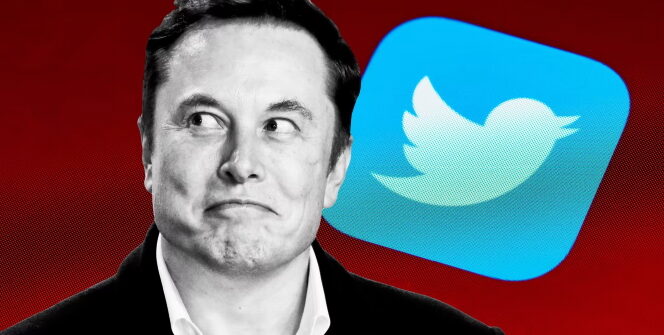
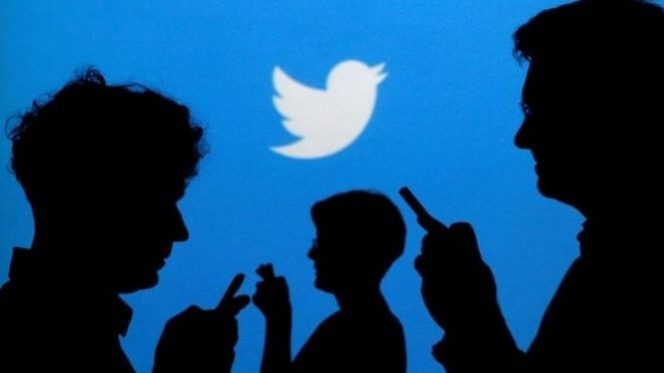
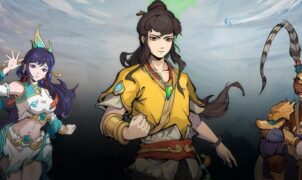




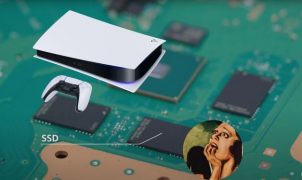

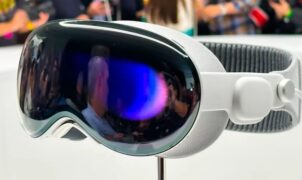
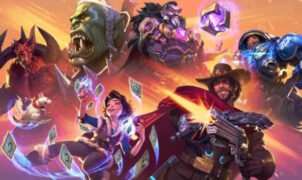

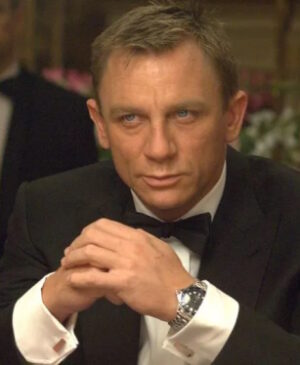


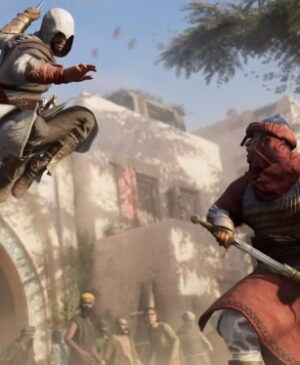
Leave a Reply